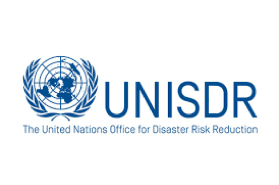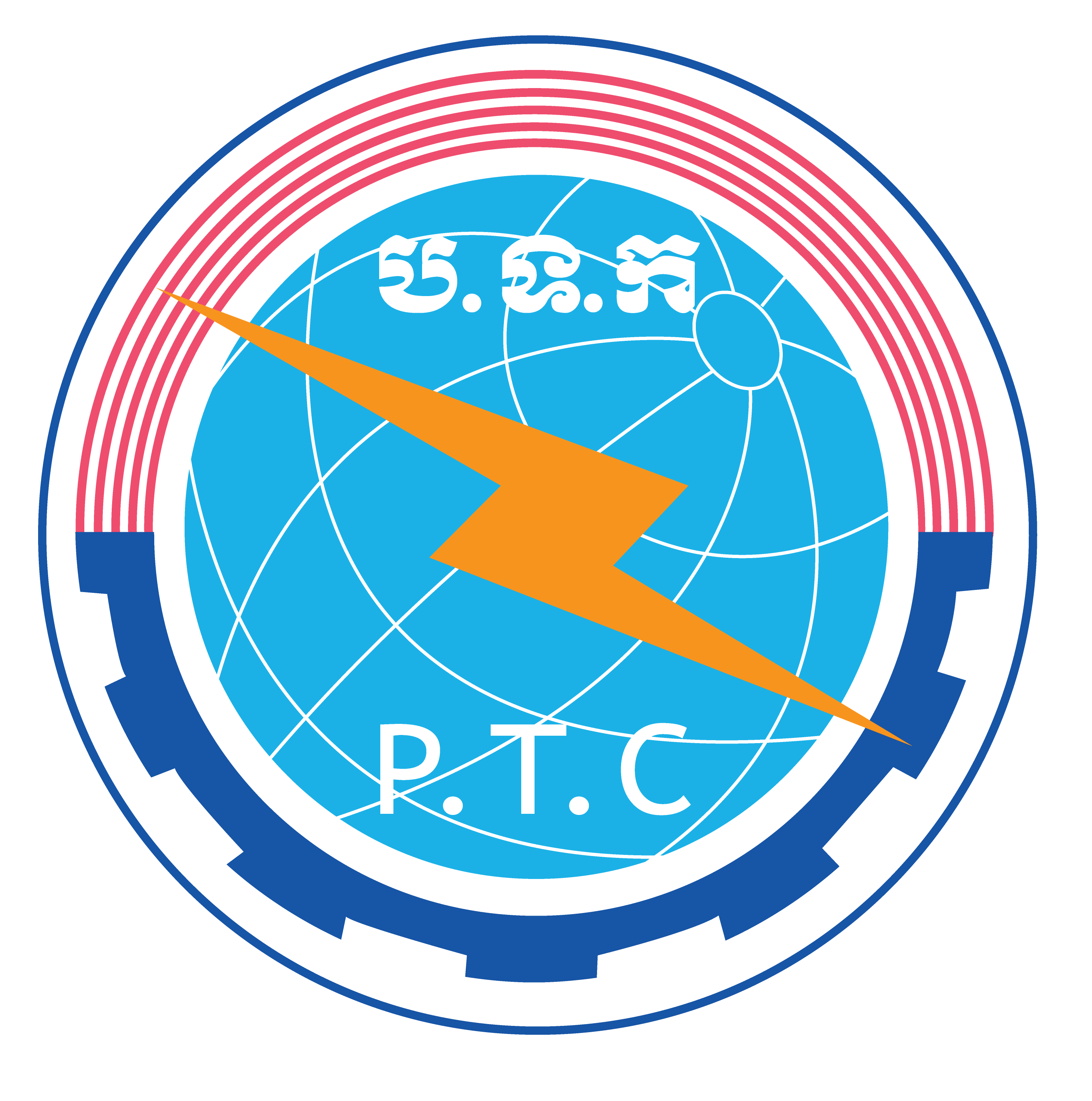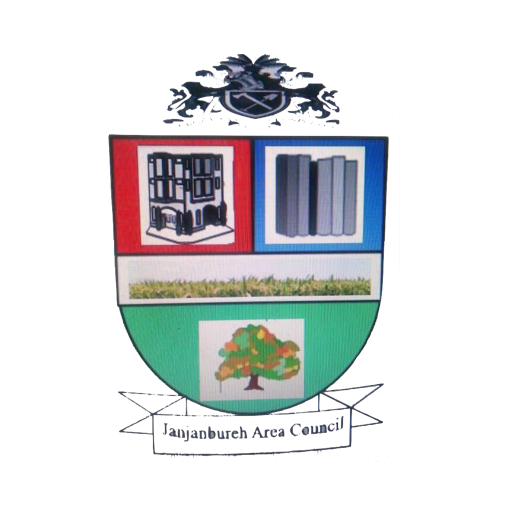United Nations Capital Development Fund (UNCDF) Bangladesh
Description
About UNCDF
The United Nations Capital Development Fund (UNCDF) The UN Capital Development Fund makes public and private finance work for the poor in the world’s 46 least developed countries (LDCs).
With its capital mandate and instruments, UNCDF offers “last mile” finance models that unlock public and private resources, especially at the domestic level, to reduce poverty and support local economic development. This last mile is where available resources for development are scarcest; where market failures are most pronounced; and where benefits from national growth tend to leave people excluded.
UNCDF’s financing models work through two channels: savings-led financial inclusion that expands the opportunities for individuals, households, and small businesses to participate in the local economy, providing them with the tools they need to climb out of poverty and manage their financial lives; and by showing how localized investments—through fiscal decentralization, innovative municipal finance, and structured project finance—can drive public and private funding that underpins local economic expansion and sustainable development. UNCDF financing models are applied in thematic areas where addressing barriers to finance at the local level can have a transformational effect for poor and excluded people and communities.
UNCDF in Bangladesh
The United Nations Capital Development Fund (UNCDF) has been present in Bangladesh since 1982. Over the past three decades, UNCDF has supported Bangladesh by focusing grant financing initially on local agriculture, and then strengthening decentralization and local service delivery.
Today, UNCDF offers catalytic finance models that unlock public and private resources in “last mile” environments, especially at the domestic level, to reduce poverty and support local economic development.
In 2016 UNCDF initiated Shaping Inclusive Finance Transformations (SHIFT) programme, in collaboration with the South Asian Association for Regional Cooperation (SAARC), to accelerate financial inclusion and women’s economic participation in the region.
UNCDF has recently expanded its Local Climate Adaptive Living Facility (LoCAL) programme into Bangladesh, which will enable 72 local communities, in vulnerable regions of the country, to reduce their climate change vulnerability through planning for extreme climate events and financing climate resilient infrastructure to better withstand such events.
UNCDF’s Inclusive Economic Local Development (IELD) programme supports governments and the private sector at the local level to design, plan, implement and sustain local, public and private investments with a particular emphasis on unlocking domestic capital for women’s economic empowerment and entrepreneurship.
Bangladesh’s rapid urbanization has incentivized UNCDF to pilot its Municipal Investment Financing (MIF) programme and to develop financing instruments, such as Public Private Partnerships and Municipal Bonds, that diversify and aggregate municipalities’ financial base beyond annual grants provided by the central government.
SECTOR
Agriculture, Food and Rural Development, Disaster Risk Reduction, Gender Equality and Empowerment of Women, Health, Humanitarian Emergencies, Industrial Development, Migration, Natural Resource Management, Private Sector Development, Renewable Energy, Science, Technology & Innovation, Trade, Development Cooperation
Country
Bangladesh
SDG
01 - No Poverty, 02 - Zero Hunger, 05 - Gender Equality, 07 - Affordable and Clean Energy, 08 - Decent Work and Economic Growth, 09 - Industry, Innovation and Infrastructure, 10 - Reduced Inequalities, 11 - Sustainable Cities and Communities, 13 - Climate Action, 17 - Partnerships for the Goals
Organization Type
Multilateral Organization
Similar Organizations





